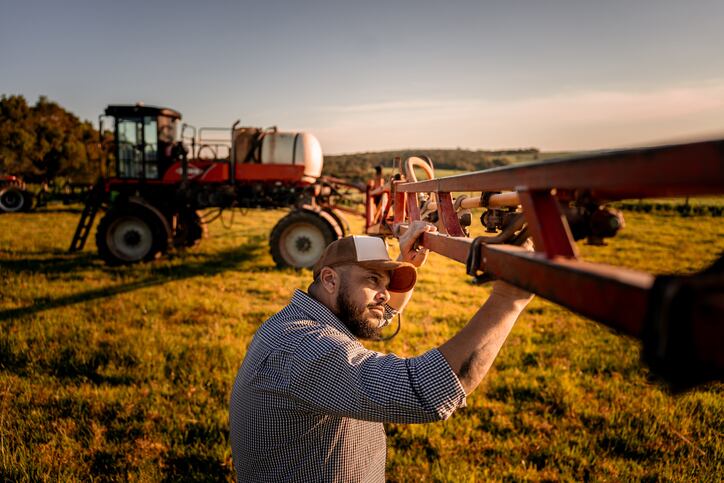Symbiomics announced the closure of its Series A round on June 25, led by Corteva’s Catalyst programme with participation from Ara Capital, Cazanga, MOV Investimentos and The Yield Lab Latam, as Brazil’s demand for ag biologicals remains strong — teeing up growth for the agricultural input globally.
Symbiomics will use the funding round to advance the discovery of novel microbes, assist in developing genome-editing technologies and boost the start-up’s go-to-market strategy, the company shared in a press release.
“With the Series A funding, we will expand our infrastructure and research team and intensify multilocation field testing — a crucial step to validate our products and enable registration and market entry. These resources will allow us to validate products under different conditions, seasons and crops in Brazil and globally,” Rafael de Souza, Symbiomics CEO and co-founder, told AgTechNavigator.
As part of the investment, Corteva will leverage Symbiomics’ proprietary genomics discovery platform to identify novel microbial strains that can be used in new products.
“We believe Symbiomics’ technologies have the capacity to address global challenges. Corteva’s presence and scale can help bring these solutions to international markets. Some products of interest to Corteva will be developed collaboratively. Both companies are integrating their platforms to accelerate the development of innovative solutions,” Souza said.
The announcement was made the same day that Tom Greene, senior director and global leader of Corteva Catalyst, discussed the investment on stage at the World Agri-Tech South America Summit in São Paulo on June 25.
Why Corteva invested in Symbiomics
As part of its innovation and investment platform Catalyst, Corteva invested in Symbiomics because of its “unique population of microbes,” including roughly a third from disease-suppressive soils, Greene told AgTechNavigator. The start-up is “leaning into genome editing” and sequencing to deliver next-generation biologicals, Greene added.
Additionally, Symbiomics is focusing its portfolio on the emerging area of endophytes, Greene said. Endophytic fungi and bacteria exist alongside plant tissues but do not cause disease and have been shown to provide disease resistance and improve nutrient uptake, according to a study that appeared in the scientific journal Microorganisms.
Biologicals are “a huge part of our crop health portfolio. We see it as one of our highest CAGR growth segments going forward, and we want to be on the leading edge of innovation. We are doing good things internally, but we also realize we need to be partnering with startups that are innovating in this space and really complementing what we do internally,” Greene elaborated.
‘Brazil leads the way in biologicals’
Brazilian growers are embracing biologicals as alternatives to synthetic inputs, as farmland are taxed by double and triple cropping, which can lead the soil depleted of nutrition. Brazil is also Corteva’s second largest market, Greene noted.
“Brazil is a geography is really figuring out how to make biologicals work and really understand how to position products with growers... We are starting to see the emergence of a new set of biological companies in a geography that has a pull for that technology,” Greene elaborated.
Though “Brazil leads the way in biologicals,” Corteva sees a “global opportunity for biologicals,” as further research shows the effectiveness of the crop input, Greene explained. Corteva also invested in Argentina-based biologicals Puna Bio earlier this year — the company’s first investment in the region.
“I’m optimistic in North America that as we continue to drive the foundational science of biologicals, ... we start [to see] greater impacts of biologicals — that we will see more global adoption of the technology going forward,” Greene elaborated.





